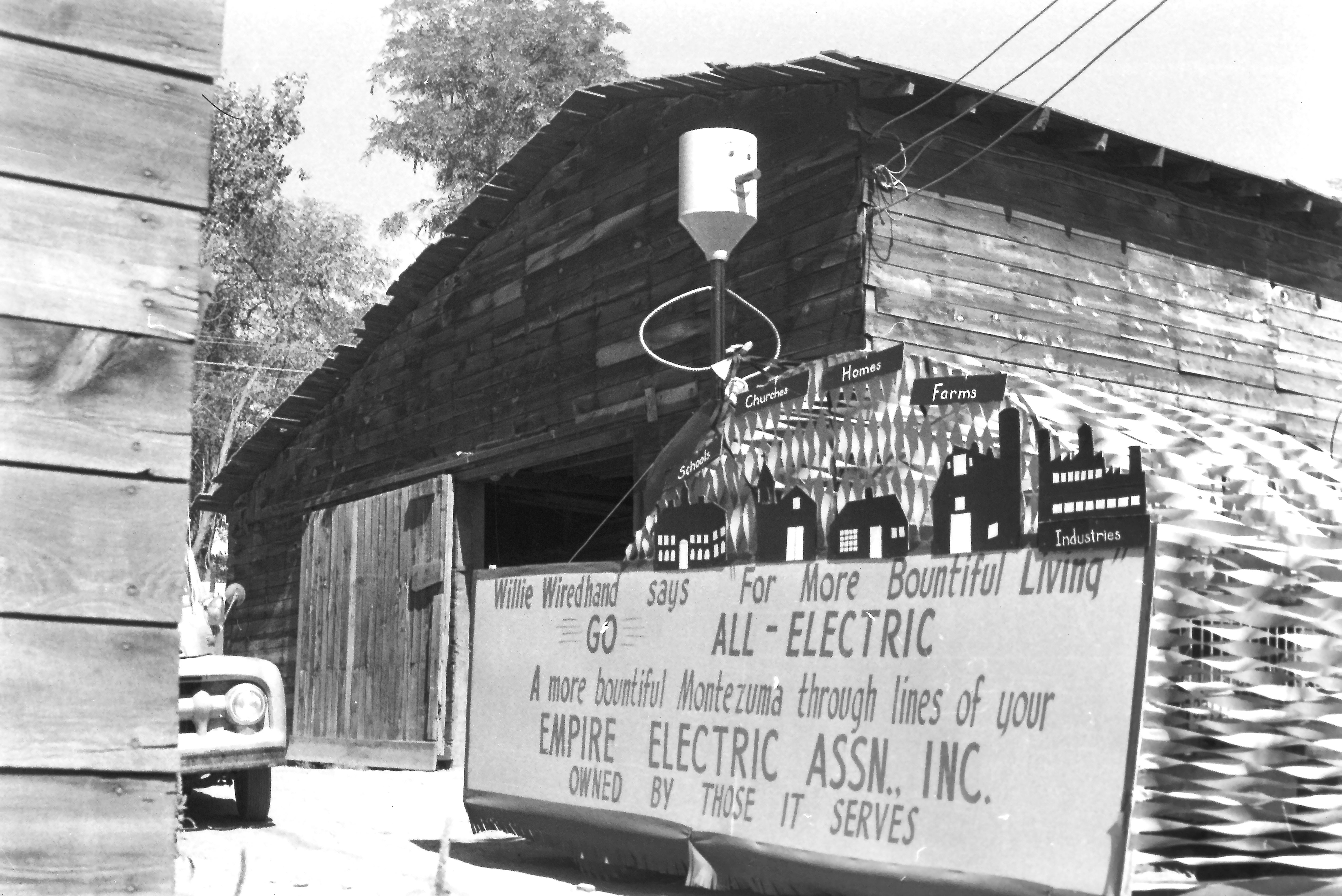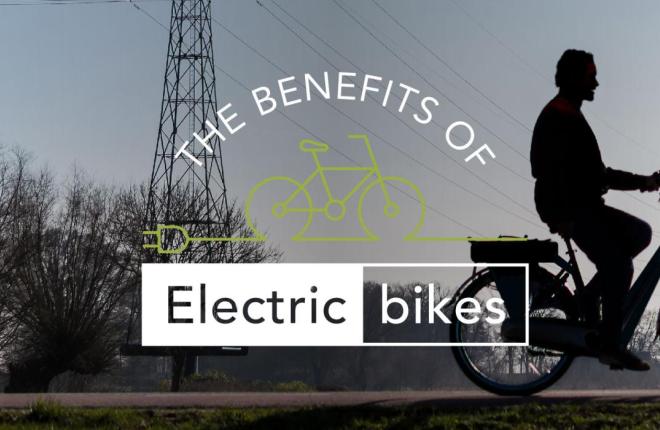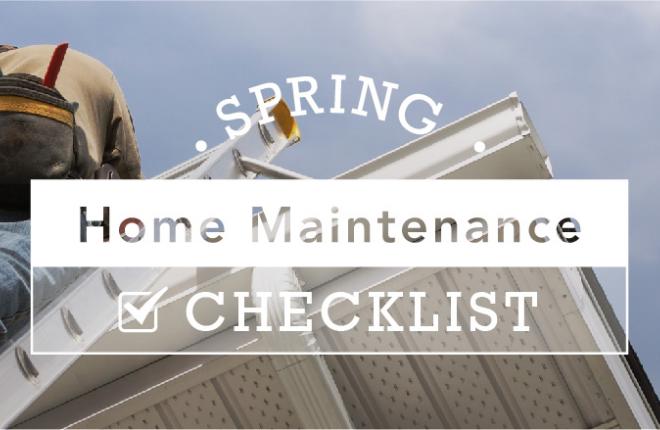
November 13, 2024

Empire Electric Association: 85 Years of Service
By Andy Carter, Member Engagement Manager, Empire Electric Association, Inc.
Imagine a business that was formed by people in an area to meet a critical need. And imagine the business was owned by the very people it served. And what if that business was founded on principles of voluntary membership, democratic control, member-owner economic participation, independence, education, cooperation, and concern for the community they serve? If you are thinking this sounds a lot like Empire Electric Association, you are right! EEA is a member-owned rural electric cooperative and our day-to-day work serving our member-owners is guided by the seven cooperative principles summarized above.
EEA was formed 85 years ago in 1939 in response to a need expressed by many of your families. Electric power had been available in major cities in the United States in the early 1900s, but in 1930 only one in 10 farms had electricity.1 After filing a certificate of incorporation on November 9, 1939, EEA was able to secure a loan through the Rural Electrification Administration in February 1941 that allowed them to construct the first line and energize the first 50 member-owners in Dove Creek. In 1943 EEA expanded by purchasing the assets of Highland Utilities Company and began serving members in Montezuma County. The last large expansion of the EEA system was in 1980 when EEA purchased the Monticello, Utah, electric system and began serving Monticello and the surrounding area in southeastern Utah.
From the beginning, EEA’s mission has been to provide power that improves our members’ lives and supports the community at the same time. Originally, providing electricity meant improving the living standards of rural member owners with light, refrigeration, and the electrification of common tasks like pumping water. Providing electricity today means more than meeting basic needs. It allows communication and information transfer only dreamed of in 1939 and is a minimum requirement for almost any business.
Beyond powering our communities, EEA has ensured member-owners’ economic benefit by operating the cooperative in a fiscally responsible manner. EEA has provided over $39 million in capital credit retirement payments since 1939. Any revenue remaining after all expenses have been paid in a fiscal year are termed “margins.” Margins are allocated to member-owners who took service from the cooperative during that fiscal year and are placed into a patronage capital credit account in each member-owner’s name. This capital, along with borrowed funds, provides EEA with the funds it needs to maintain our system infrastructure. Each year EEA’s board reviews the financial condition of the cooperative and authorizes capital credit retirement payments to member-owners when possible.
EEA also supports our community through a scholarship program that provides up to 45 scholarships of $1,000 each for member-owners or dependents pursuing a degree at an accredited college. The cooperative also offers scholarships for lineworker training and other electric cooperative related trades.
The electric industry is undergoing a transformation today to support increasing demand for data processing, transportation, and beneficial electrification. EEA is committed to providing excellent service to our members like we have for the past 85 years. We will remain focused on safely, responsibly, and reliably meeting your electrical energy needs. We value our partnership and the trust you have placed in us, and we look forward to serving you well into the future.
--
About Tri-State
Tri-State is a power supply cooperative, operating on a not-for-profit basis, serving electric distribution cooperatives and public power district member-owners in four states. Together with our members, we deliver reliable, affordable and responsible power to more than a million electricity consumers across nearly 200,000 square miles of the West. Visit www.tristate.coop.
1 Electrifying Rural America, Tim Sablik, Federal Reserve Bank of Richmond
Blog Posts

4 Ways to Use Energy Wisely at Home

Home Remodeling Tips for Better Energy Efficiency

7 Great Benefits of Electric Bikes

Home Maintenance Checklist for Spring

What is Beneficial Electrification?

Energy Saving Water Heaters

How to Make Your Home More Energy Efficient in 2021

Advantages of Heat Pumps for Energy Efficiency

